Fertilizer for Oak Trees
hgiljr
14 years ago
Related Stories

GARDENING GUIDESGet on a Composting Kick (Hello, Free Fertilizer!)
Quit shelling out for pricey substitutes that aren’t even as good. Here’s how to give your soil the best while lightening your trash load
Full Story
GARDENING GUIDESHow to Keep Your Citrus Trees Well Fed and Healthy
Ripe for some citrus fertilizer know-how? This mini guide will help your lemon, orange and grapefruit trees flourish
Full Story
GARDENING GUIDESCommon Myths That May Be Hurting Your Garden
Discover the truth about fertilizer, soil, staking and more to keep your plants healthy and happy
Full Story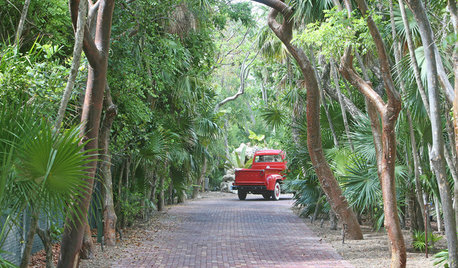
LANDSCAPE DESIGNThe Unparalleled Power of Trees
Discover the beauty and magic of trees, and why a landscape without them just isn't the same
Full Story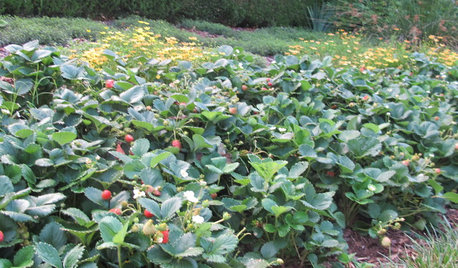
REGIONAL GARDEN GUIDESSoutheast Gardener's September Checklist
Fertilize strawberries, plant a tree or two and beckon hummingbirds to your Southern garden this month
Full Story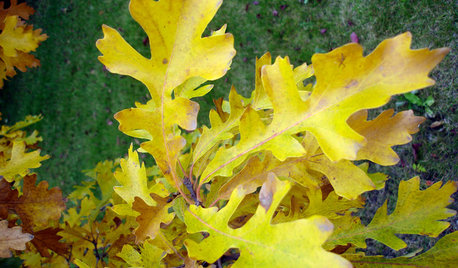
GARDENING GUIDESCelebrate Eastern Oaks for Wildlife, Longevity and Seasonal Interest
There might not be a more important tree to have in your eastern U.S. landscape — if you can fit one in
Full Story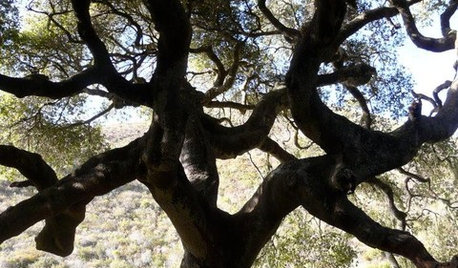
CALIFORNIA NATIVE PLANTSGreat Design Plant: Coast Live Oak
The stuff of legends and memories, this California tree is one to build a whole landscape around
Full Story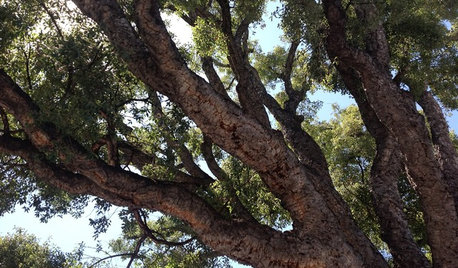
GARDENING GUIDESGreat Design Plant: Cork Oak
Witness an incredible renewable resource being grown while lolling in the abundant shade of this expansive, ever-popular tree
Full Story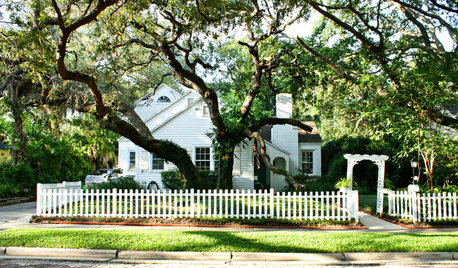
TREESGreat Design Plant: Southern Live Oak Offers an Unbeatable Canopy
Keep it dense or prune it for more light. No matter how you grow Quercus virginiana, it’s a majestic addition to its native landscape
Full Story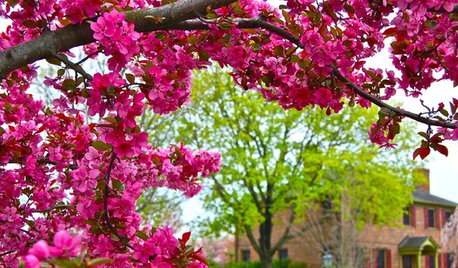
FALL GARDENING6 Trees You'll Fall For
Don’t put down that spade! Autumn is the perfect time for planting these trees
Full StoryMore Discussions






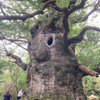
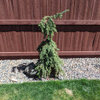
ken_adrian Adrian MI cold Z5
lou_spicewood_tx
Related Professionals
Birmingham Landscape Architects & Landscape Designers · Salisbury Landscape Architects & Landscape Designers · Stoughton Landscape Contractors · Concord Landscape Contractors · Athens Landscape Contractors · Dunwoody Landscape Contractors · Muttontown Landscape Contractors · San Benito Landscape Contractors · Waltham Landscape Contractors · Ft Washington Siding & Exteriors · Riverside Siding & Exteriors · Brookfield Siding & Exteriors · Lockport Decks, Patios & Outdoor Enclosures · Miami Decks, Patios & Outdoor Enclosures · Palm Beach Gardens Decks, Patios & Outdoor Enclosuresrhizo_1 (North AL) zone 7
hgiljrOriginal Author
lou_spicewood_tx
wisconsitom
idaho_gardener
brandon7 TN_zone7
arktrees